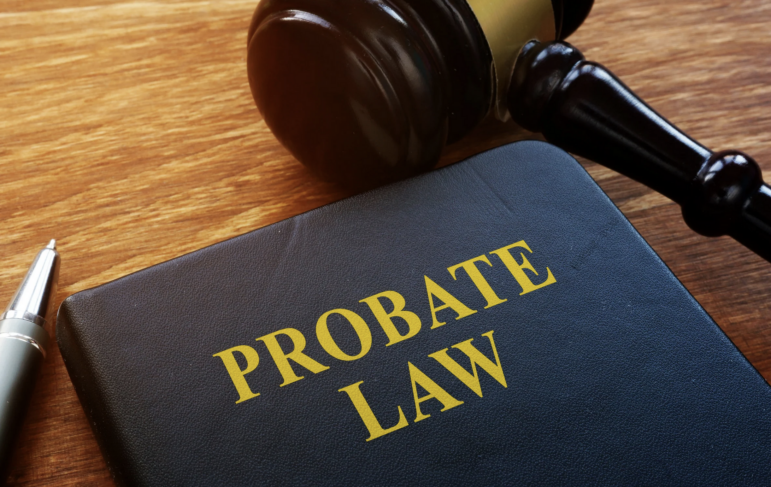Understanding Texas Probate Deadlines
After a loved one passes, handling their estate is often the last thing you feel ready to face. But in Texas, probate doesn’t wait forever. If you’re unsure about the deadlines and process, you’re not alone. One of the most common probate questions we hear at Dan Burke Attorney at Law is: What is the time limit for probate in Texas?
The answer depends on a few factors, but one thing is clear — acting within the required timeline can make all the difference in settling an estate smoothly and legally.
How Long Does Probate Take In Texas?
The probate process in Texas isn’t one-size-fits-all. If you’re wondering how long probate takes in Texas, the short answer is that it depends.
For most straightforward estates — where there’s a clear will, no disputes and a manageable number of assets — probate typically takes between six months to a year. If there are complications, such as will contests, significant debt or hard-to-value property, the process can extend much longer.
Each step of the process — from validating the will to distributing assets — takes time. Working with an attorney can help move things along efficiently and avoid unnecessary delays.
Understanding The Texas Probate Timeline
Texas law sets out a fairly clear probate timeline, especially when it comes to initiating the process. In most cases, a will must be filed for probate within four years of the decedent’s date of death. If no will is filed within that time, the estate may be treated as if the person died without a will, even if a valid will exists.
Once the will is filed and the probate process begins, the court typically appoints an executor or administrator. This person is responsible for managing the estate, which includes:
- – Filing an inventory of the estate’s assets, typically within 90 days of being appointed
- – Notifying creditors
- – Paying any outstanding debts and taxes
- – Distributing remaining assets to beneficiaries
Missing deadlines can slow down the probate process or even result in legal consequences. That’s why understanding the timeline — and sticking to it — is so important.
Probating A Will In Texas: What To Expect
If you’ve been named as the executor of a loved one’s estate, you may be wondering what’s involved in probating a will in Texas. Here’s a general overview:
- – File the will with the right probate court in the county where the deceased lived.
- – Validate the will, either through a self-proving affidavit (commonly included in Texas wills) or with testimony.
- – Get appointed as executor and receive “letters testamentary,” which will give you legal authority to act on behalf of the estate.
- – Notify beneficiaries and creditors, as required by law.
- – Pay debts and taxes, making sure the estate remains in good legal standing.
- – Distribute assets according to the will and wrap up any final legal obligations.
Even if things seem straightforward, probate involves a lot of paperwork, deadlines and decision-making. Working with a firm like Dan Burke Attorney at Law ensures nothing is overlooked and every requirement is handled with care.
What Happens If You Miss The Probate Deadline?
If a will isn’t filed within the four-year limit, the consequences can be serious. In most cases, your loved one’s estate will be distributed according to Texas intestate succession laws — meaning it will be handled as if no will existed at all.
This can lead to outcomes the deceased never intended, especially if specific beneficiaries or gifts were named in the original will. That’s why it’s so important to act promptly and consult an attorney early in the process.
Let Dan Burke Attorney At Law Help You Navigate Probate
Probate in Texas doesn’t have to be overwhelming — but it does require attention to detail and respect for the legal timeline. Whether you’re just beginning to gather documents or you’ve already been appointed as an executor, Dan Burke Attorney at Law is here to guide you every step of the way.
We’ll help you understand your responsibilities, avoid costly mistakes and honor your loved one’s wishes with professionalism and compassion.
Contact us today to schedule a consultation and get the support you need for probate done right.




